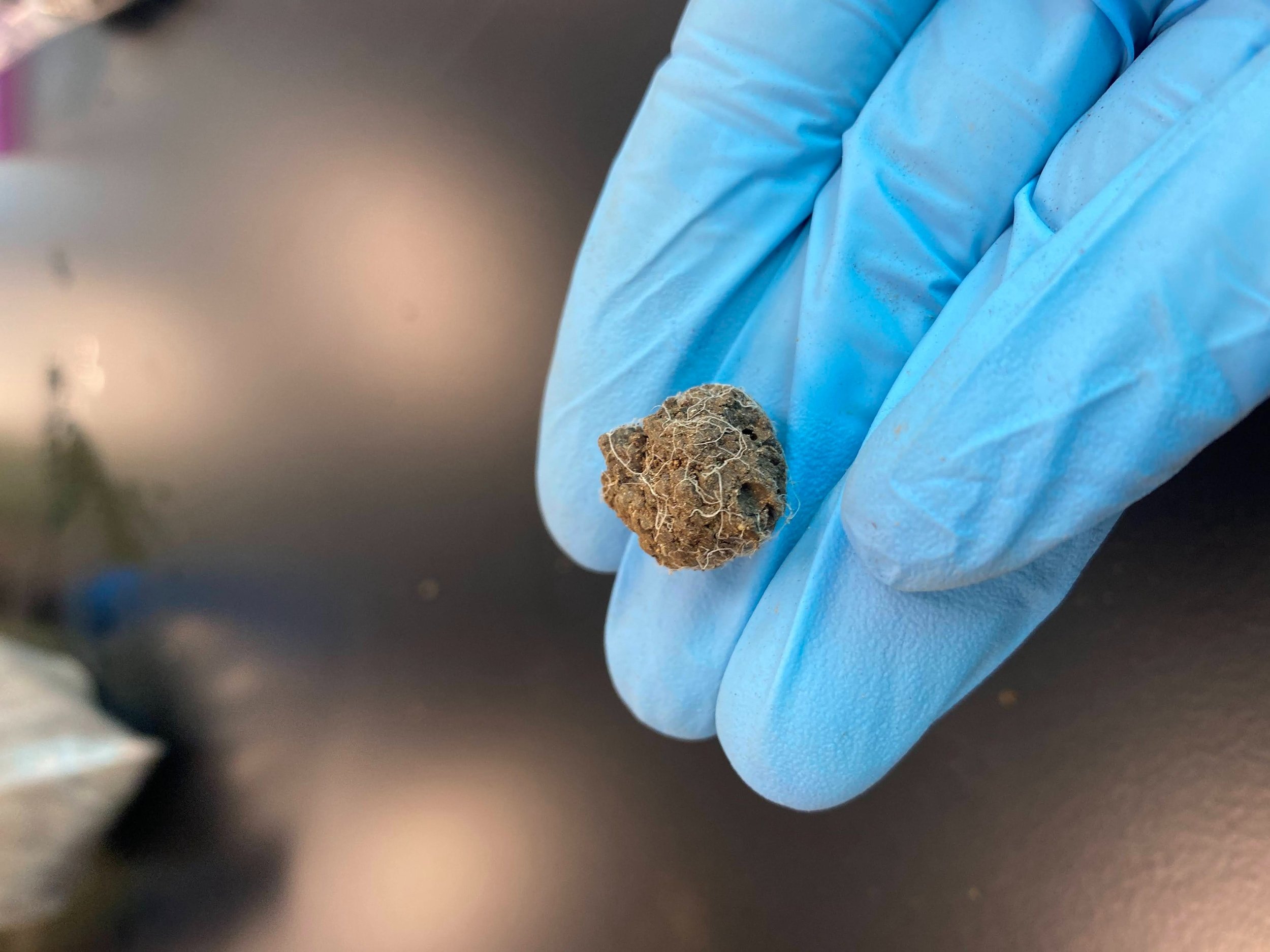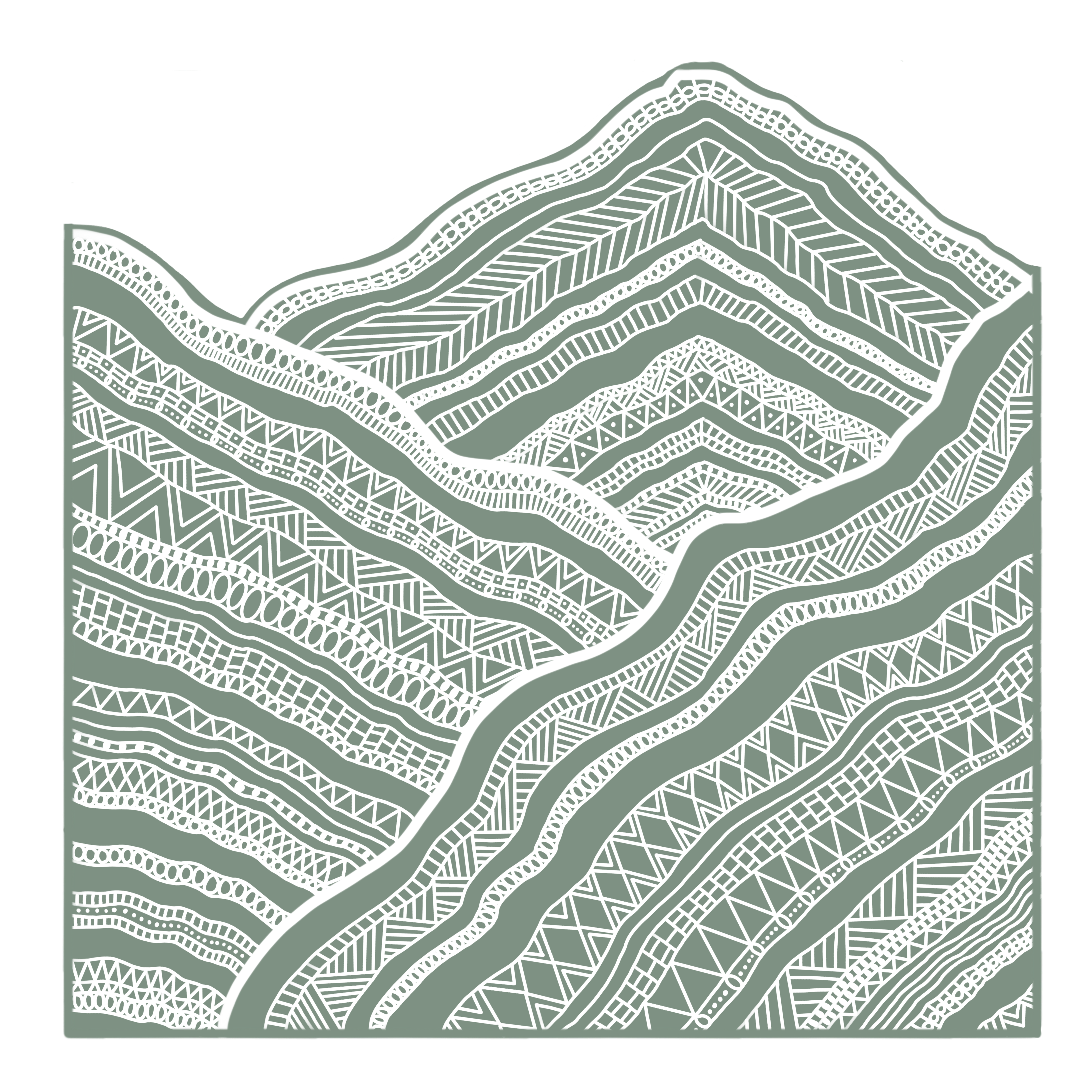
About
Critical Ecology Lab is a group of people using their skills—lived experience, scientific training, creative practice— to ask questions and inform others about how the invisible, unjust systems shaping our lives have brought about the current environmental crises.

Mission
Our mission is to create novel processes and spaces for communities of people with scientific and generational knowledge to destabilize oppressive systems and fight back against escalating social and planetary disaster.
We aim to create impact-driven research that shifts public dialogue and civic action towards greater justice and, as a result, more stable and functioning ecological systems.
We practice connecting environmental measurement with intergenerational understandings and memories of a changing planet. We don’t “work with communities”, we are the community.
We make the scientific method a tool of empowerment used for and by people who are systematically left out of academia, and whose lives and landscapes are being shaped by unjust systems.
We create the conditions— the culture, resources, community solidarity, and technical skill— to provoke unnamed and unasked questions about our society and planet to emerge.
We investigate relationships between social, economic, and political systems, the ideologies that prop them up, and the natural systems they directly impact in the era of climate crisis.
We do this work by maintaining the highest standards of social responsibility and scientific integrity.
We center the experiences and participation of globally marginalized people and create a more equitable future for generating new knowledge and solutions.
Origin Story
The Critical Ecology Lab began as a question—what does academic science miss by ignoring the relationship between long term patterns of oppression and ecosystems?
As a PhD student, Dr. Suzanne Pierre found that connecting settler colonialism, racism, and capitalism to ecology was not welcome in traditional spaces. She began describing these questions as critical ecology, a way of allowing critical social theory on race and gender to take shape in ecological inquiry. In 2017, she started an Instagram account to connect others with these ideas.
Despite the wall of resistance and doubt, she knew these questions could produce insight into how and why humans have shaped the climate crisis and how we may navigate it. Pursuing critical ecology was worth the risk. With the support of collaborator Kunal Palawat, Sue formally started the Critical Ecology Lab in winter 2020.

Tenets
By co-designing and revisiting our Lab’s values each time we collaborate, we cultivate compassion, vulnerability, and accountability in our professional community. We strive for a culture of continual healing through seven tenets:
-
Allowing ourselves to engage with being wrong, called out/in, and making mistakes is a gift to ourselves that makes us better people and researchers. There is a difference between uncomfortable and unsafe situations, and it is important to analyze where a situation falls.
-
We acknowledge the Indigenous populations who were violently removed from their ancestral lands. Our work must engage meaningfully with the pasts and futures of local Indigenous communities and the movement towards land sovereignty.
-
In ecological systems, disturbance can generate state changes and resilience depending on how the system recovers. Through building a foundation of listening, respect, and trust in the research container, we recover and grow resilient to disturbance.
-
Care within each working space can appear in different forms and results from a culture of listening and noticing. Offerings of care through communication, actions, or other supports, set a tone of interdependence that creates resilience.
-
Validation means acknowledgment and respect towards the lived experiences of others, even if they are not shared experiences. We are validated through deep listening and communication. This is part of upending inequality and building equity in science groups.
-
Our research is the sum of the past, present, and future experiences of the communities from which individual practitioners come. We do not exist in isolation; we bring out personal histories and our communities’ histories to the work we do.
-
Unique and creative questions can enter our research circles when people feel safe to bring their full selves (complete identity, concerns, experiences, fears, observations) into the research container. We are willing to engage with challenging questions and tensions.

















